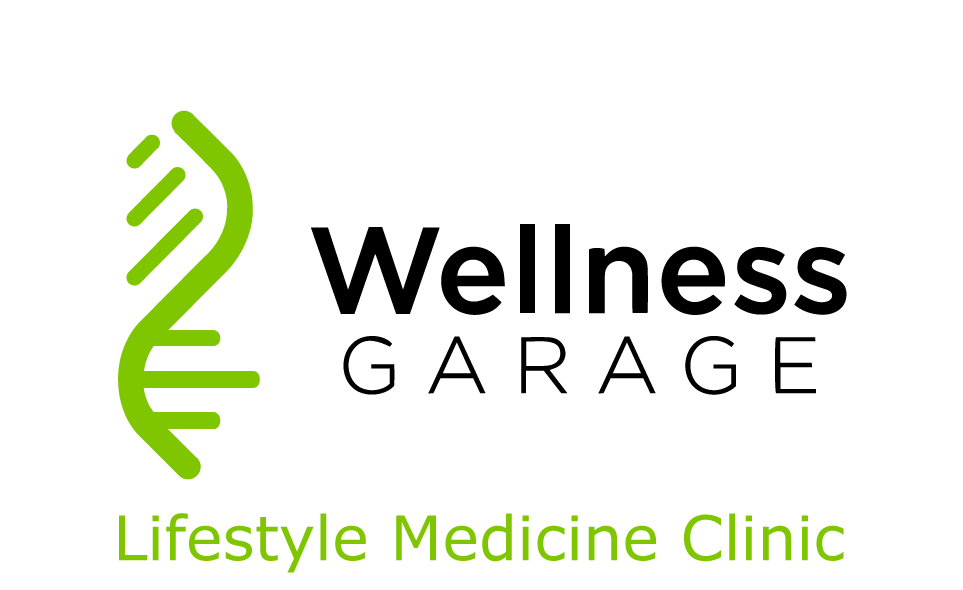|
As humans, we are designed to respond to stress through a process called allostasis- “maintaining stability through altering physiologic parameters to counteract challenges.”
We all have a built-in stress response, where the sympathetic nervous system (SNS) activates for short periods to address short-term stressors. When the SNS is in charge, the body prepares for fight, flight or freeze. During this time, adrenaline and cortisol flood the bloodstream, the heart rate increases, digestion slows, and breathing becomes rapid. We are ready for whatever life throws at us! When the stressor passes, the relaxation response - our parasympathetic nervous system - the one responsible for rest and relaxation - kicks in, and our bodies return to normal. This alternating pattern of sympathetic and parasympathetic nervous system activation is the natural cycle that we all experience when encountering stress. But what if the stressor doesn’t pass? Peter A. Levine, a trauma researcher, has studied animals in the wild who are constantly exposed to external threats (stressors). He found that when animals draw on heightened amounts of energy, they have mechanisms to release the excess energy through behaviours such as shaking, running or bucking. Humans, on the other hand, don’t have built-in systems for trauma and stress. Hence, chronic stress over time erodes our resilience. Levine notes that when a stressor never passes- due to either external events or our internal response to those events, the SNS gets flipped and “stays on”- not fully returning to a state of rest and relaxation. The result is called allostatic overload and directly connects to a decline in physical and mental health. Fortunately for us as humans, we have other mechanisms to counter stress - beyond that of animals. So next time you feel that your body and mind are in a heightened state, being overrun by your SNS, try these tools to reset: 1. Breathe Breathing is the only part of the parasympathetic nervous system that we can control as humans. Resonant Breathing- deep breathing in and out at a methodical pace (3-7 breaths per minute) has been shown to improve symptoms of depression and anxiety. 2. Take a Walk In Nature: Shinrin-Yoku is the ancient Japanese tradition of walking in the forest while engaging the senses. The English translation- forest bathing- has become popular in treating various lifestyle diseases and has been shown to improve immune function and promote an overall sense of calm. 3. Fill your plate with Healthy Whole Foods: Research on ‘food and mood’ has linked specific nutrients- such as Omega 3s- found in fish, walnuts and soybeans- to improved mental health. Other foods such as whole grains, colourful veggies and fermented foods support a healthy gut and microbiome. Growing research points to the role a healthy gut plays in maintaining mental health. Check out our EATBetter guide. 4. Move, Move, Move: Just 150 minutes of moderate to vigorous exercise a week is linked to a greater sense of well-being. In some studies, exercise has been shown to be as effective as medication in treating depression and anxiety. . .need we say more! Check out our LEVELUp your fitness guide. 5. Practice Mindfulness in the moment: Focus on where you are in the moment, rather than allowing the “what ifs’ of life to constantly creep into your daily thoughts. When you find your mind wandering or, in some cases spiralling- allow yourself to come back to the present moment by focusing on your five senses. Look at what you see, listen to what you hear, feel your feet on the ground, take a deep breath, smell your surroundings, and taste what is in your mouth. Check out the countless mindfulness apps to help you develop and deepen a mindfulness/ meditation practice. Finally- be sure to give yourself scheduled time to get a break from the constant stressors of life - take a bath, go for a walk, read a book, spend time with loved ones, take a holiday!! Wellness Garage will be closed from August 23rd- 29th. We look forward to seeing you again- well-rested and rejuvenated! |
AuthorDr. Brendan Byrne Categories
All
|

 RSS Feed
RSS Feed
